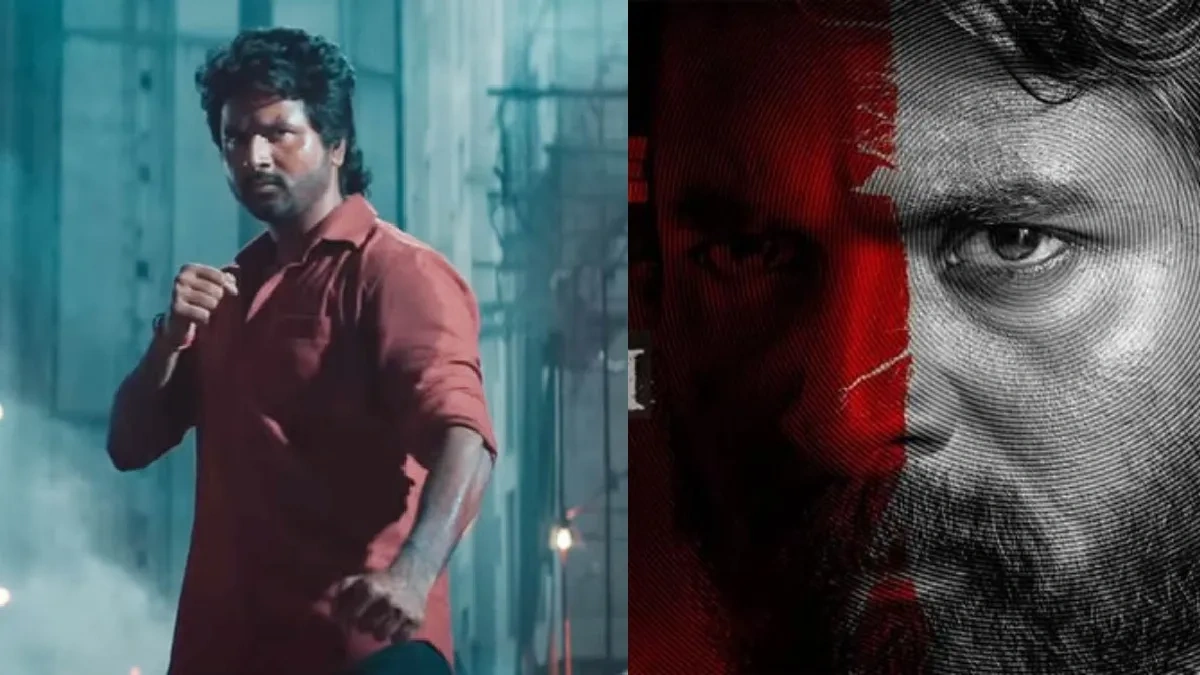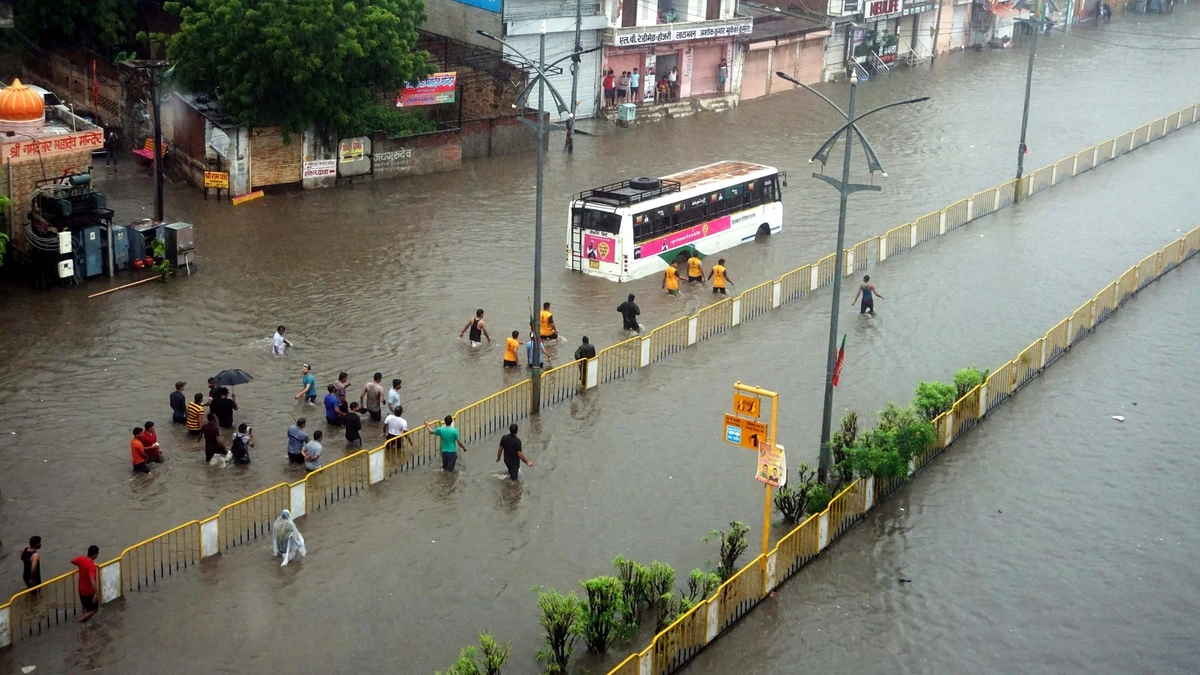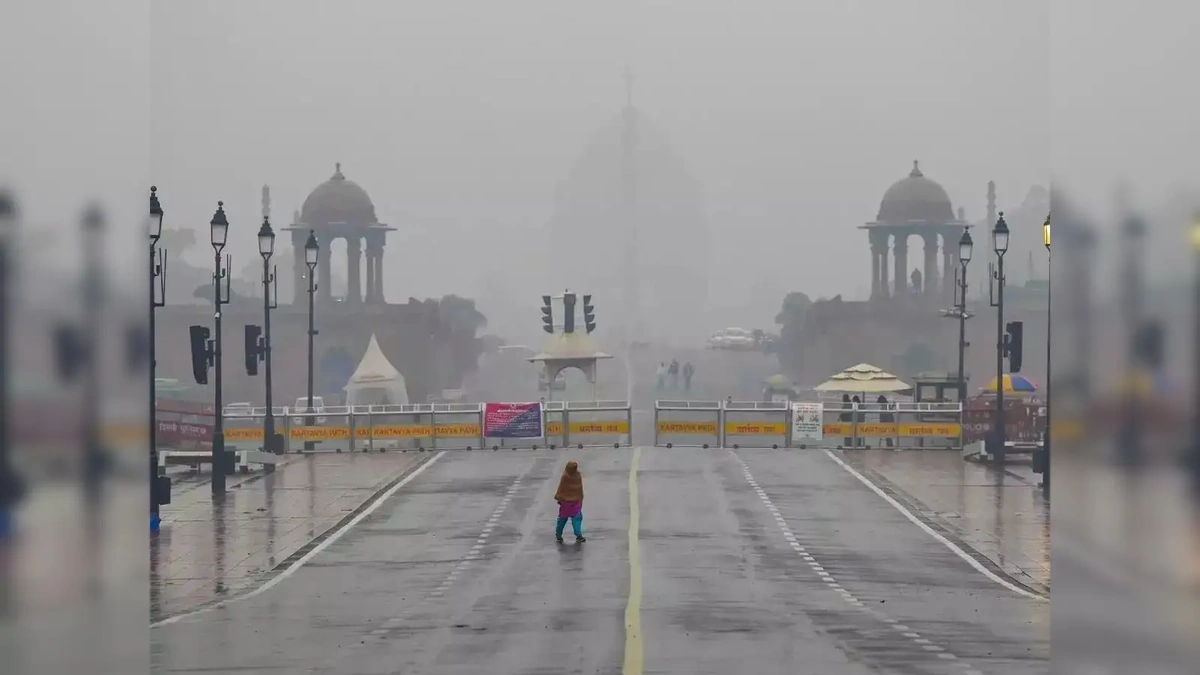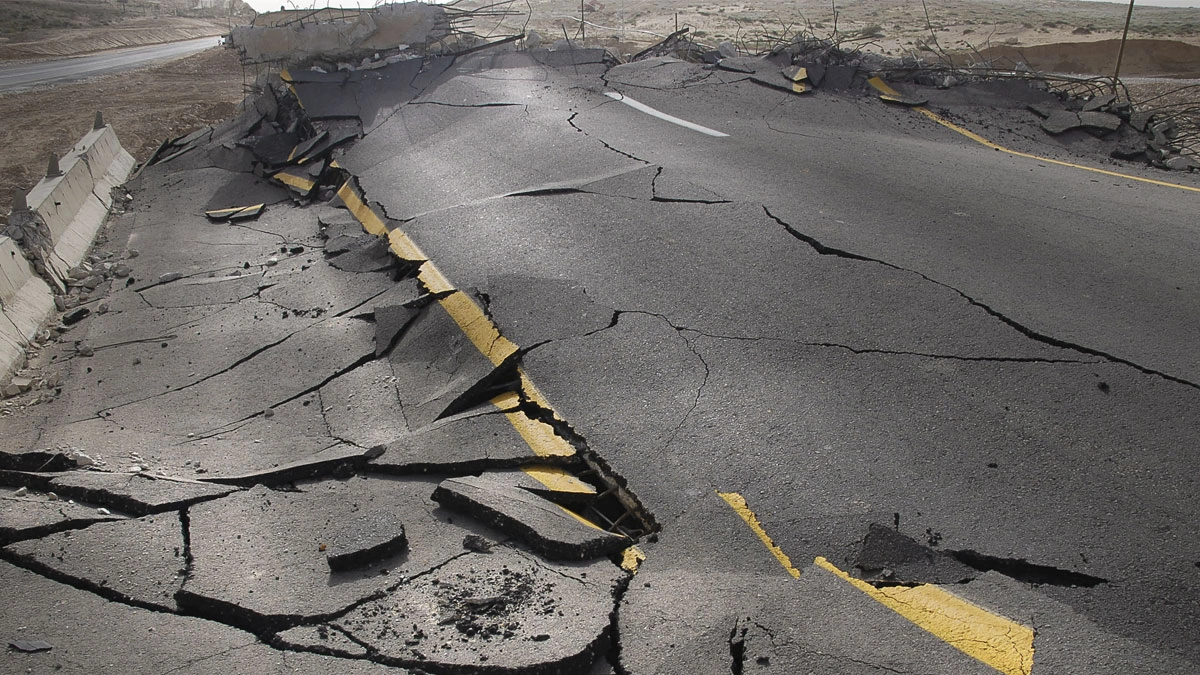Unpacking the Madarasi Myth | More Than Just a Word
The word ” madarasi ” – it’s a term you might’ve heard thrown around, perhaps even used yourself. But here’s the thing: it’s often loaded with misinterpretations and stereotypes, especially here in India. Let’s be honest, it’s rarely used with affection. It’s more like a linguistic shortcut that sweeps a whole group of people under one rug – people from South India. But what fascinates me is how this single word carries so much historical baggage and cultural misunderstanding. So, buckle up, because we’re diving deep into the ‘why’ behind this word, its implications, and why it’s crucial to understand its context.
The Historical Roots of “Madarasi”

I initially thought this was a straightforward case of regional naming, but then I realized the historical depth. The term “madarasi” originates from Madras, the former name of Chennai. During British rule, Madras was a significant administrative hub. People from various parts of South India migrated there for work and education. Over time, anyone from the South, regardless of their specific origin, began to be identified as “madarasi” by those in the North. But, like, you wouldn’t call someone from Kolkata a ‘bombaiya’, right? So why this?
The problem is that this blanket term ignores the rich diversity within South India. Tamil Nadu, Kerala, Karnataka, Andhra Pradesh, and Telangana – each state has its distinct language, culture, cuisine, and history. To lump everyone together under one label is not only inaccurate but also disrespectful. It’s like calling all Europeans ‘French’ – utterly ridiculous!
Why Does It Matter? The Implications of Mislabeling
Here’s the thing: language shapes perception. When we use a generalizing term like “madarasi,” we’re unconsciously reinforcing stereotypes. Think about it – what comes to mind when you hear the word? Maybe you think of idli and dosa , or perhaps you picture someone who speaks with a distinct accent. These are superficial observations that don’t even begin to scratch the surface of a person’s identity. And frankly, they can contribute to prejudice and discrimination. A common mistake I see people make is assuming everyone from the South speaks Tamil. It’s a Tamil word that got generalized, so it makes sense in a weird, twisted way. But still wrong.
The implications extend beyond casual conversations. In professional settings, assuming someone’s background based on their appearance or name can lead to biased treatment. In social interactions, it can create awkwardness and misunderstandings. According to various linguistic studies, using accurate and respectful language is crucial for fostering inclusivity and promoting cultural understanding. It’s about acknowledging individual identities rather than reducing people to stereotypes.
Beyond Stereotypes | Celebrating South Indian Diversity
Let me rephrase that for clarity – South India is a treasure trove of cultural richness. From the classical dance forms like Bharatanatyam and Kathakali to the vibrant festivals like Onam and Pongal, there’s so much to celebrate. And the cuisine? Oh, the cuisine! From the tangy sambar of Tamil Nadu to the spicy Hyderabadi biryani of Telangana, each state offers a unique culinary experience. It’s not just about South Indian culture ; it’s about celebrating the individual cultures within the South. Check out Wikipedia’s article on South India to learn more about the states, culture, and history.
What fascinates me is how much we miss when we rely on these oversimplified labels. We miss the nuances, the individual stories, and the opportunity to learn from each other. Instead of saying “madarasi,” why not ask someone where they’re actually from? Show genuine curiosity about their background and experiences. It’s a small gesture, but it can make a big difference. Learn about the cultural nuances of different regions.
Reclaiming the Narrative | Moving Towards Respectful Language
So, how do we move forward? It starts with awareness. Be mindful of the language you use and the assumptions you make. Challenge yourself to learn more about South India and its diverse cultures. Encourage others to do the same. The key is to shift from using broad, generalizing terms to using specific and respectful language. Instead of saying “madarasi,” try saying “someone from Tamil Nadu,” or “a South Indian person.” It may seem like a small change, but it reflects a deeper understanding and appreciation for cultural diversity.
Let’s be honest; changing ingrained habits takes time and effort. But it’s a worthwhile endeavor. By using more precise and respectful language, we can challenge stereotypes, promote inclusivity, and foster a more understanding society. It’s not about political correctness; it’s about basic human decency. The one thing you absolutely must remember is that words have power. They can build bridges or create walls. And it’s up to us to choose which path we take.
Here’s the thing: understanding the history of Chennai , or any South Indian city, can give you insight into why the term ‘madarasi’ even exists. It’s not about condoning it, but understanding its roots can help you to better explain to others why it’s an outdated and often offensive term.
Why the “Madarasi” Identity Isn’t Always Negative
I initially thought that the term “madarasi” was always negative, but then I spoke to some people who, while acknowledging its problematic history, also felt a sense of connection to it, especially when they were outside of South India. For them, it became a shorthand for a shared cultural understanding, a way of identifying with others who understood their experiences as South Indians in a different part of the country or the world. It’s a complex situation, and there are no easy answers. The important thing is to be aware of the potential for offense and to be respectful of individual preferences.
Let’s think about this. How can we promote more thoughtful conversations about regional identity ? What can we do to move beyond stereotypes and embrace the beautiful diversity of India? It’s not just about avoiding certain words, it’s about actively seeking out and celebrating the unique contributions of every culture and community. A common mistake I see people make is thinking that being ‘woke’ is about policing language. It’s not. It’s about understanding the impact of your words and actions and striving to be more inclusive and respectful.
FAQ | Unpacking the “Madarasi” Term
Why is the term “madarasi” considered offensive by some?
It generalizes and oversimplifies the diverse cultures of South India, ignoring the distinct identities of Tamil Nadu, Kerala, Karnataka, Andhra Pradesh, and Telangana.
What’s a more respectful way to refer to someone from South India?
Ask them which state they’re from and refer to them accordingly (e.g., “someone from Kerala,” “a Kannadiga person”).
What if someone identifies as “madarasi”?
Respect their preference, but be aware that it’s not a universally accepted or appreciated term.
How can I learn more about South Indian culture?
Explore South Indian cuisine, music, dance, and festivals. Read books, watch movies, and engage in conversations with people from South India.
Is it ever okay to use the term “madarasi”?
Generally, it’s best to avoid using the term unless someone specifically identifies with it and is comfortable with you using it.
What’s the origin of the word “madarasi”?
It comes from Madras, the former name of Chennai, and was used to refer to anyone from South India, regardless of their specific origin.
So, here’s the final insight: understanding the nuances of language is an ongoing journey. It requires empathy, curiosity, and a willingness to challenge our own assumptions. By being more mindful of the words we use, we can create a more inclusive and respectful world for everyone. Don’t just be a passive observer; be an active participant in promoting cultural understanding.













